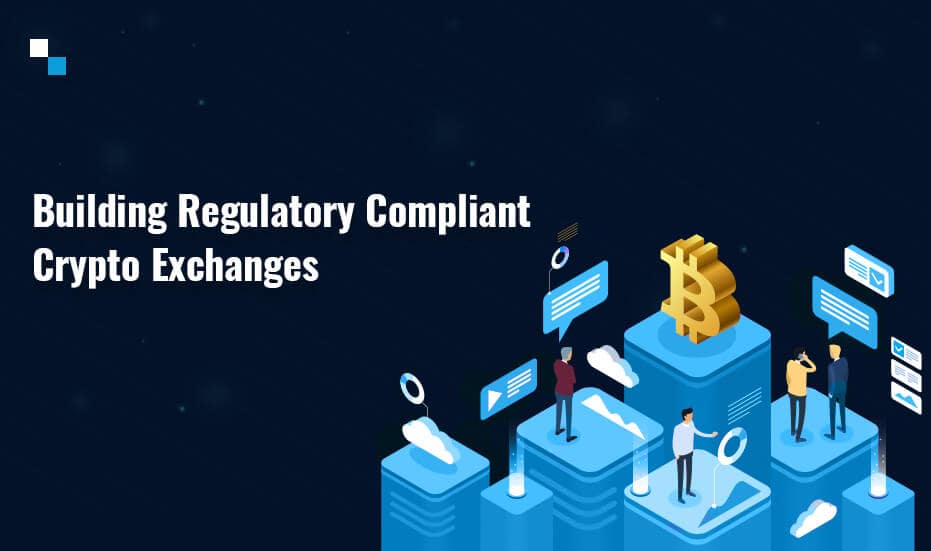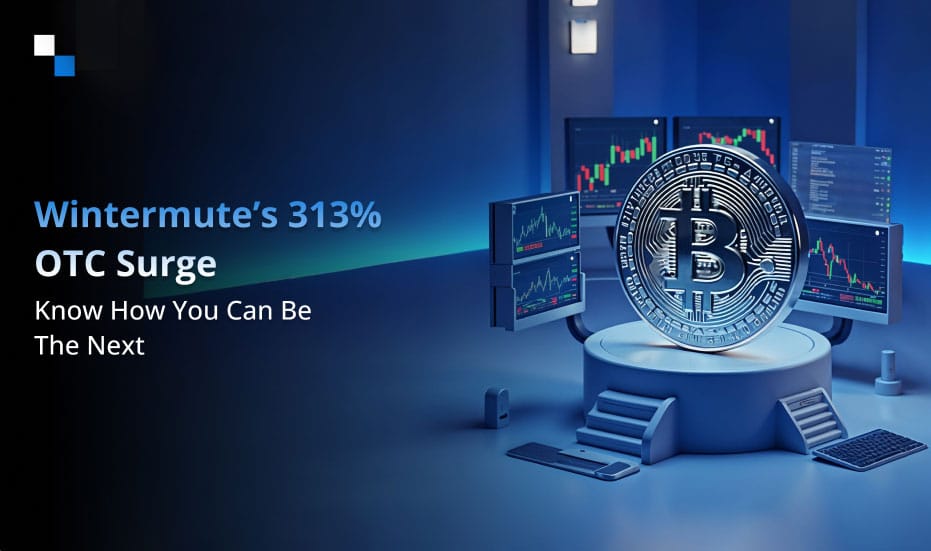Binance, one of the largest cryptocurrency exchanges came under fire from regulators recently. Subsequently, many partners and financial institutions blocked some withdrawals or deposits from the Binance exchange. While increased regulation is a strong indication that the crypto space is maturing, it also puts them in trouble sometimes because regulatory frameworks are still not clear.
That is why businesses opt for white label crypto exchange software as it is designed as per the AML standard guidelines.
No matter crypto exchanges are meant to support the anonymity of transactions, they still have to face the regulatory hammer.
Here are the most prominent AML risks to which crypto exchanges are exposed and here is how the exchanges can easily overcome these:
AML Red flags
According to certain reports, approximately $2.8 billion were money laundered via crypto exchanges in 2019. Since then, financial regulators like Financial Action Task (FATF) are trying to develop regulations and clearly define their AML programs. In 2020, the financial regulators announced some important indicators that raise AML red flags. While designing white-label exchange software, the developer must ensure that exchange functions in a way that it adheres to the regulations and can easily identify a breach.
Scale of Anonymity
An exchange lists anonymous cryptocurrencies. Thus, if some assets are transferred from wallet A to wallet B via the exchange, the transaction must remain anonymous. This means no one can identify who transferred money to whom and this is where regulators are unable to detect criminal activity.
However, if the exchange has integrated infrastructure to collect and verify personally identifiable information (PII), it can easily help regulators identify the users in case a transaction is summoned.
According to Ciphertrace, 56% of the global exchanges have weak or porous KYC infrastructure and criminals can easily circumvent KYC practices. White label crypto exchange software comes with a hardened KYC process integrated infrastructure that can be customized according to exchange operators’ requirements.
Detect funds from suspicious accounts
Previously, miscreants would bypass banks and transfer large amounts via crypto exchanges. To combat this, exchanges started to report big-ticket transactions to the regulators. Over time miscreants changed their technique and now they make smaller transactions over a period.
But exchange operators can still stop such transactions by buying White Label Crypto Exchange Software that is capable of raising the red flag when a transaction is done by or the amount is received by a blacklisted wallet address.
Identify the transaction patterns
The exchange can be designed to identify certain patterns in cryptocurrency trade that generally do not happen in a particular user’s profile. For example, frequent high-amount transactions or the same smaller number of transactions over a long period. Once the exchange identifies these, it can hand these account details to the regulator to protect itself from any kind of regulatory risk.
A user trying to circumvent KYC
KYC or know your Customer is one of the most important AML compliance parameters. Many times, users try to manipulate it by using different IP addresses to log in or frequent changes in the e-mail ID of personal information. If any account continues to do these kinds of activities, the exchange must be capable of identifying and then reporting it to the regulators.
Wrapping it up
To stay on the right side of the law, crypto exchanges must ensure they fulfil their AML and KYC obligations while they on-board a user. However, with so many new users entering the crypto space every day, it is becoming increasingly difficult to scan and maintain the customer sanctions, PEP and more.
At Antier Solutions, we provide end to end services of crypto exchange development and that is why we make sure, KYC and AML process support infrastructure is integrated into our white label crypto exchange software. For detailed information, do not hesitate and request a demo.





